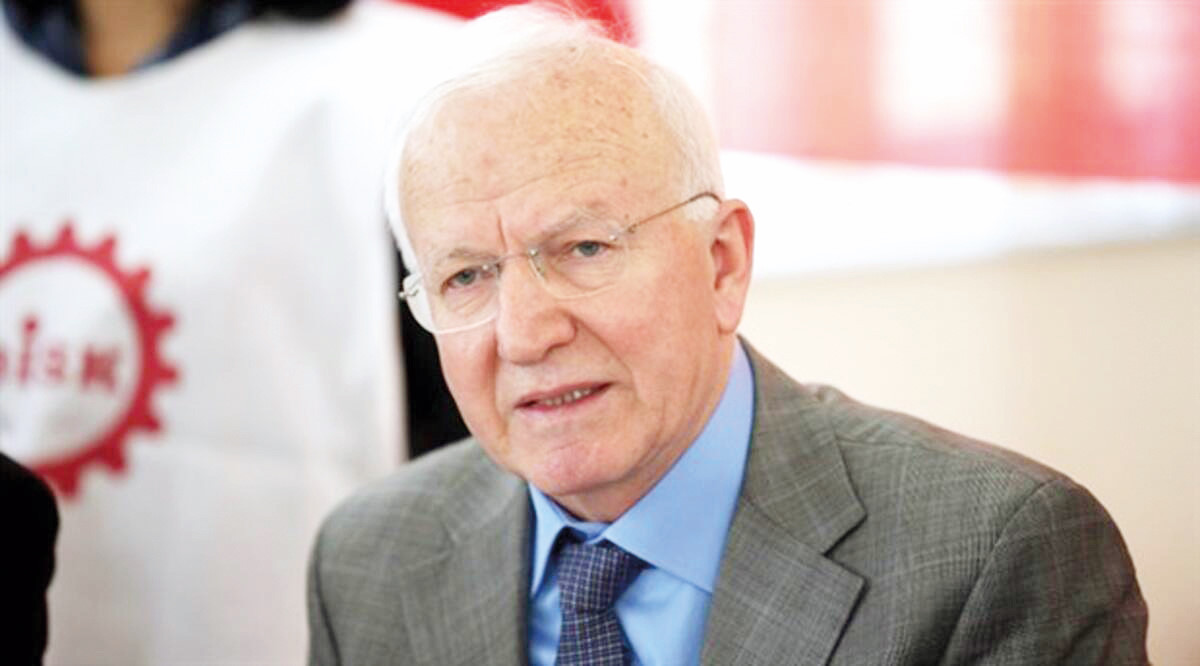

The Turkish state mostly framed the legal and illegal pro-Kurdish mobilization as ‘the enemy of the state’ and ‘the enemy of Islam’ in its counter-insurgency efforts. The pro-Kurdish nationalist mobilization in Turkey was mostly built on the right to self-determination aligned with the Marxist-Leninist ideology for the insurgent Kurdistan Workers’ Party (PKK) in the early 1980s and ethnic minority rights for the secular-leftist pro-Kurdish legal parties in the 1990s.

The final section analyses the persistence and change in the monolithic nationhood in Turkey throughout the twentieth century and considers the implications of the state's recent identity policies on the meaning of Turkishness (). Second, the article argues that the homogenization of the nation by the new state targeted those who considered themselves Turks as well, especially those who did not fit the ‘ideal’ or ‘imagined’ Turk (i.e. First, the article emphasizes the singular nature of Turkishness – defined as monolithic nationhood – in the early Republican years that rejected any alternative identity approaches other than the definition of the state elites.

Arguing that such an approach would be inconclusive and less explanatory, this article approaches Turkishness from a singularity/plurality framework. Scholars have primarily debated the anatomy of Turkishness within the framework of an ethnic versus civic dichotomy.


 0 kommentar(er)
0 kommentar(er)
